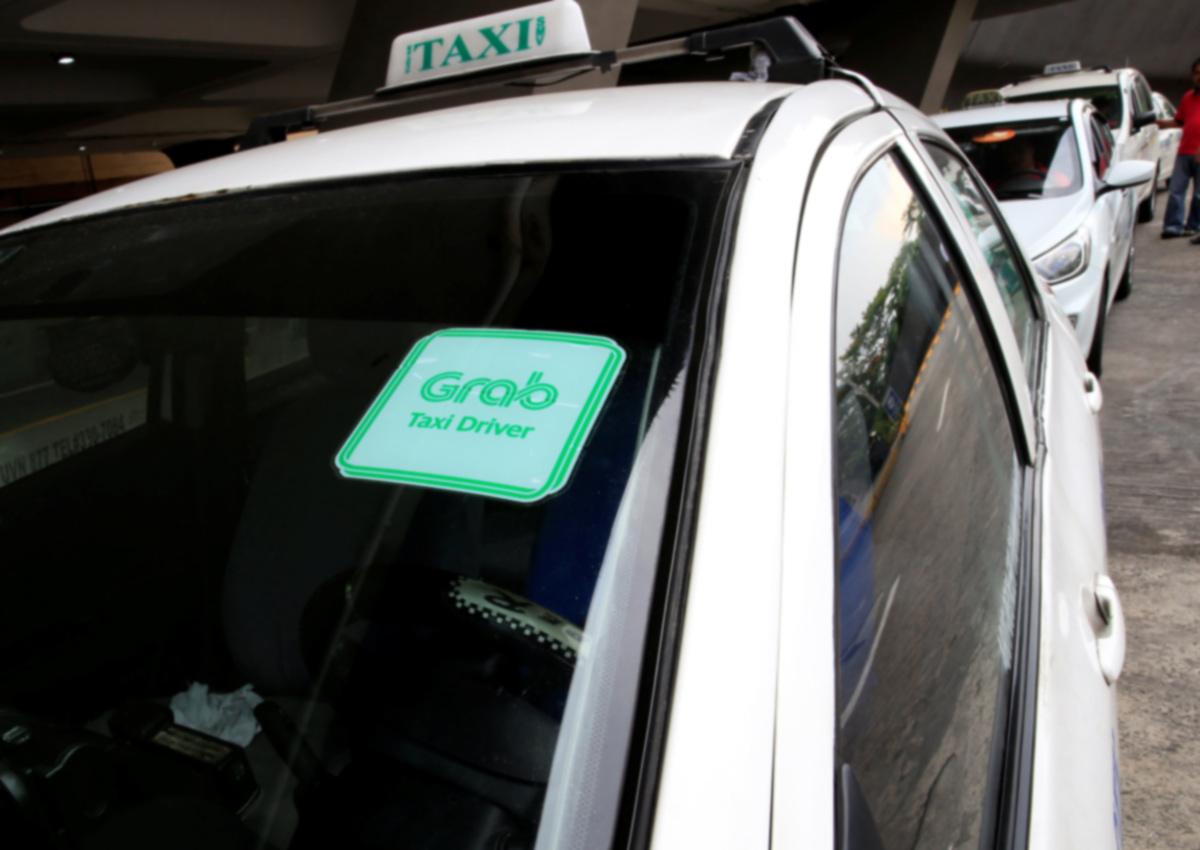Users of ride-hailing firm Grab will be able to book driverless cars from Friday as it partners with a start-up testing the technology in Singapore, just days after rival Uber debuted its self-driving vehicles in the United States.
The move comes as technology companies and automakers race to build autonomous vehicles and develop new business plans for what is expected to be a long-term makeover of personal transportation.
Southeast Asia’s Grab said its app will allow select commuters to book and ride start-up nuTonomy’s driverless vehicles within a western Singapore district, where the vehicles are being tested, and adjacent neighbourhoods.
A safety driver and support engineer will ride in each nuTonomy car, the two companies said in a statement.
nuTonomy, which started a limited public trial of the first driverless taxi in August in Singapore, has said it hopes to have 100 taxis working commercially in the city-state by 2018.
Countries around the world are encouraging the development of autonomous technologies, and Singapore, with its limited land and workforce, is hoping driverless vehicles will encourage its residents to use more shared vehicles and public transport.
Grab said its data showed drivers in Singapore are less likely to accept a passenger booking request originating from or destined for remote locations, highlighting the need for “robo-cars” that can meet transportation needs in far-flung areas.
If a trip requires travel on roads outside of Singapore’s one-north district, the safety driver will take control of the vehicle for that portion of the trip.
The public trial will run for the next two months, and may be extended by the companies for as long as it continues to yield valuable feedback and data, they said.
“There is no direct monetary funding (in nuTonomy),” a Grab representative said. “At this point, the partnership is focused on Singapore – though there may be other potential synergies between nuTonomy and Grab that we could decide to explore in the future.”
The partnership ups the ante in the competition between Uber and Grab, which just raised $750 million in a funding roundthat gives it more ammunition to take on the US firm in southeast Asia.
Last month, Uber bought self-driving trucks startup Otto and formed a $300 million alliance with Volvo Car Group to develop self-driving cars.
It launched its self-driving pilot programme this month, marking the public unveiling of its secretive work in autonomous vehicles.






